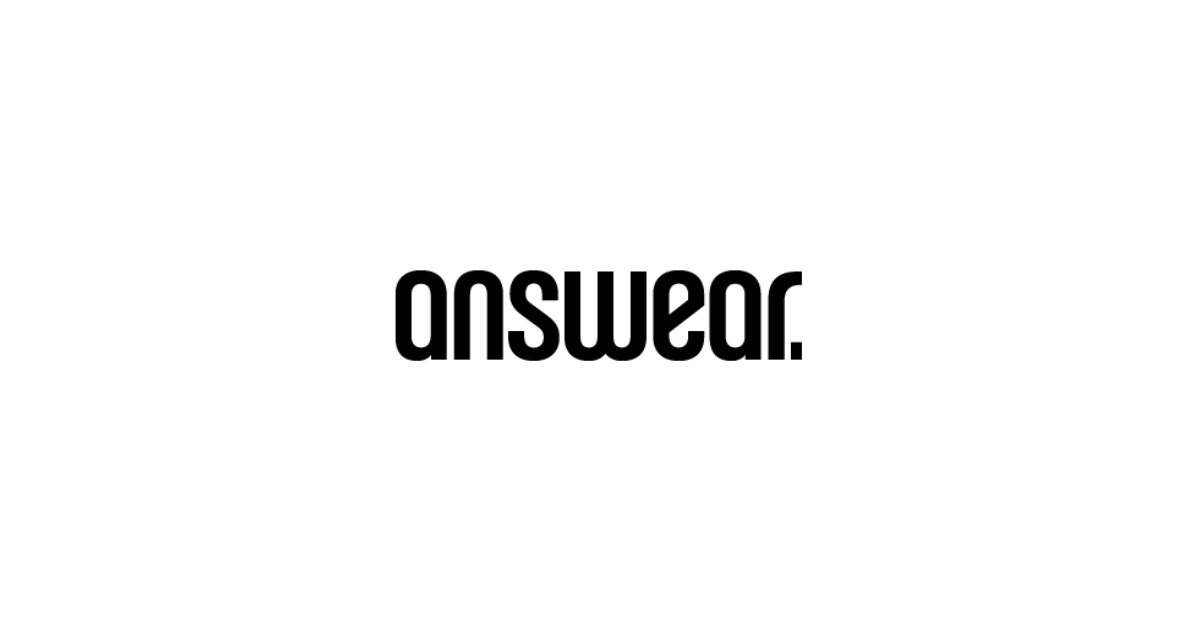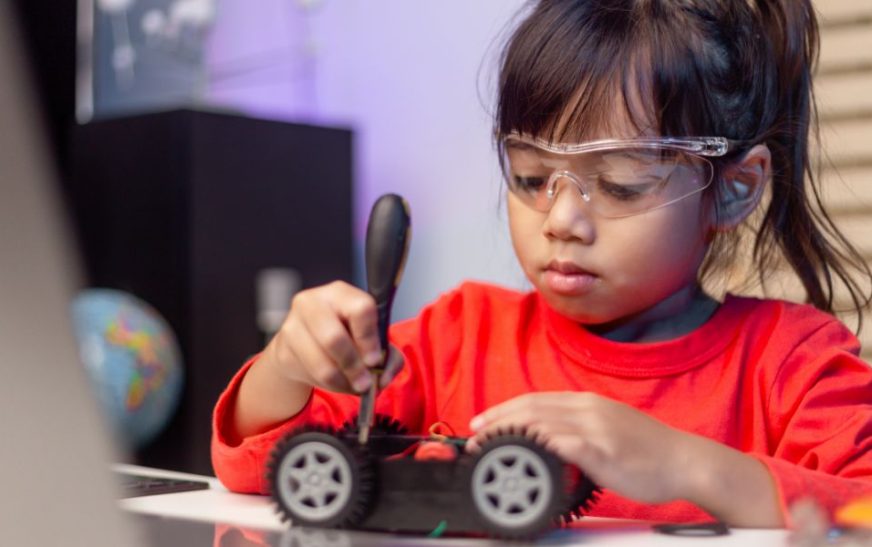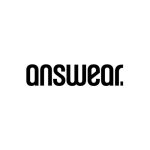In the age of the Internet of Things (IoT), where connectivity and technology intersect with every aspect of our lives, non-fiction writing has also undergone a remarkable transformation. This comprehensive guide explores how writers can harness the power of hyperconnectivity to enhance their productivity, making their mark in the realm of non-fiction writing. Join us as we navigate this exciting era and unveil the strategies to excel in this dynamic landscape.
The IoT Era: A Paradigm Shift
The advent of the IoT era has brought about a paradigm shift in non-fiction writing. Authors now have an array of tools and resources at their disposal, enabling them to conduct research, reach a wider audience, and streamline their writing process like never before.
Navigating the Non-Fiction Landscape
To thrive as a non-fiction writer in the IoT era, it’s crucial to understand the ever-evolving literary landscape. This section delves into the various genres and niches within non-fiction writing, helping writers identify their areas of interest and expertise.
Leveraging IoT Technology
The IoT offers writers a plethora of technological advancements that can significantly boost their productivity. From smart research tools to cloud-based writing platforms, this section explores the digital arsenal available for non-fiction authors.
Data-Driven Non-Fiction
In the age of the IoT, data is king. Non-fiction authors can harness the power of data analytics to support their research, gather insights, and make their writing more compelling. This section delves into the strategies for incorporating data into non-fiction works.
Expanding Your Reach
Connectivity through IoT means writers have the potential to reach a global audience. This section outlines the tactics for expanding your reach as a non-fiction author, from online publishing to building a strong author platform.
Collaborative Writing in the Digital Age
The IoT has revolutionized collaborative writing. Co-authors can work seamlessly, regardless of geographical boundaries. This section offers insights into collaborative tools and strategies for non-fiction writers.
IoT Ethics in Non-Fiction
As connectivity increases, so do ethical considerations. Writers must navigate the IoT landscape with integrity and awareness. This section addresses ethical concerns and offers guidelines for responsible non-fiction writing.
Tools of the Trade
In this digital age, a writer’s toolbox includes a variety of IoT-powered tools. From research databases to productivity apps, we provide a curated list of essential tools to enhance your non-fiction writing process.
Prominent Non-Fiction Authors in the IoT Era
Exploring the works of leading non-fiction authors who have mastered the IoT era can provide invaluable insights and inspiration. This section features authors who have made their mark in the world of non-fiction.
Reading Recommendations
For aspiring non-fiction writers looking to excel in the IoT era, we’ve compiled a list of recommended reads that cover various facets of non-fiction writing in this hyperconnected age.
Final Words
In this era of hyperconnectivity, non-fiction writing has transcended its traditional boundaries. The IoT provides writers with the tools to engage, inform, and inspire on a global scale. Embrace the digital age, leverage technology, and adapt to the evolving landscape to succeed as a non-fiction author in the IoT era.
Commonly Asked Questions
Q1: How does the IoT impact non-fiction writing?
The IoT enhances non-fiction writing by providing writers with digital tools for research, collaboration, and expanding their reach. It also raises ethical considerations in data-driven writing.
Q2: What are some key IoT-powered tools for non-fiction writers?
Non-fiction authors can benefit from tools like cloud-based writing platforms, data analytics software, and collaborative writing apps to enhance productivity and quality.
Q3: How can I expand my reach as a non-fiction writer in the IoT era?
Expanding your reach involves online publishing, building a strong author platform through social media, and using IoT-powered marketing tools to connect with a wider audience.
Q4: What ethical considerations should non-fiction writers keep in mind in the IoT era?
Writers in the IoT era should be mindful of data privacy, responsible data usage, and the accuracy of information they incorporate into their non-fiction works.
Q5: Can you recommend books by prominent non-fiction authors in the IoT era?
Certainly! We recommend books by leading non-fiction authors who have successfully adapted to the IoT era, providing valuable insights and examples of excellence in modern non-fiction writing.

















